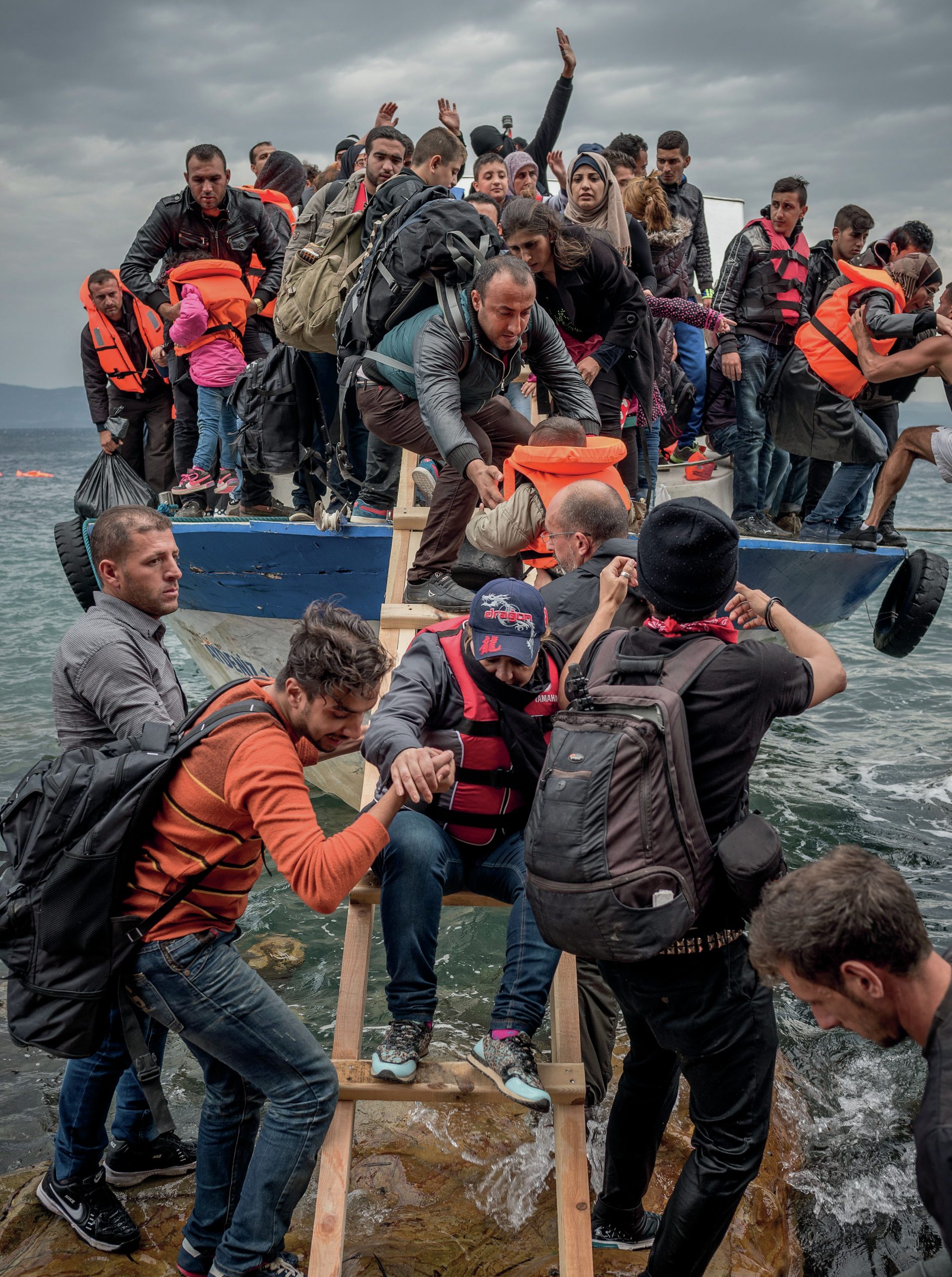
Most of us think about language, if we think about it at all, as simply a means of communication between people. If I have an idea or an experience that I want to share with you or others, I talk or write to you about it. If I want to find out about something, I look it up in a book, or on the internet, or ask a friend. But what if language is more complex, subtle and powerful than that? What if it can actually shape or change the way that we see and think about the world? (See Box 1.)
The words and phrases that are used to describe and discuss people and actions have a powerful, yet often unrecognised effect on how we think about them. This is well-known to governments, politicians and the media, and there have recently been some interesting and powerful examples. Some of these were highlighted in an article in October 2014 by George Monbiot for the Guardian newspaper.
Your organisation does not have access to this article.
Sign up today to give your students the edge they need to achieve their best grades with subject expertise
Subscribe




